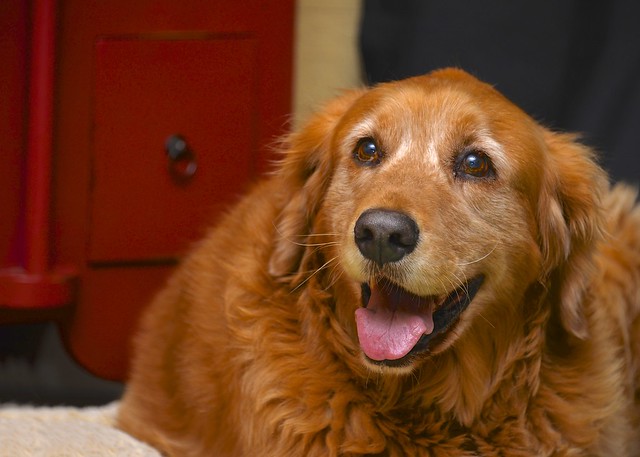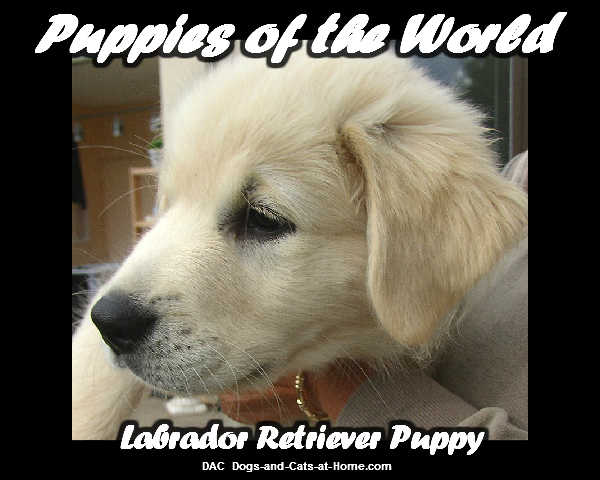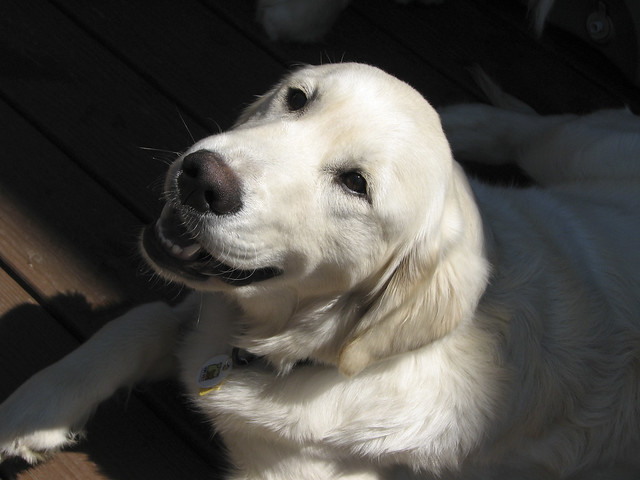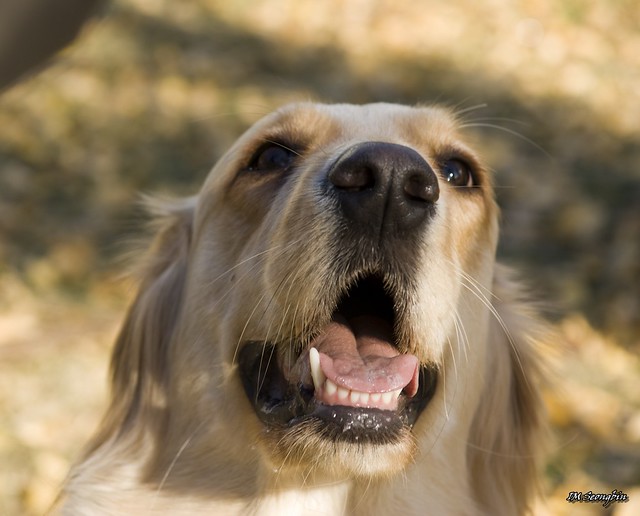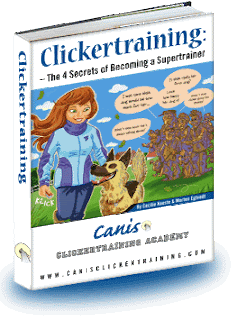 |
| A 15-year-old Golden Retriever dog, unusually old for a larger breed such as Golden Retriever. The dog's name is Spencer. - (Photo credit: Wikipedia) |
Bedding for your Golden Retriever is very important, as this is where he will be spending quite a bit of time - especially at night. The ideal bedding for your Golden should be a natural fiber, such as wool, as wool absorbs most moisture and will keep your companion warm. When you get your blanket, you can try thrift stores, as they aren’t very expensive. You don’t want to buy an expensive blanket, for the fact that Golden Retrievers love to chew. They can chew or tear the blanket in no time at all, which would make an expensive blanket a waste of money.
When bringing your Golden puppy home, he may be a little upset having to leave his mom and the others of his litter. The scents and memories that he comes to know and love are now being replaced with totally new ones. If you provide a towel for your Golden to sleep with, it may help to ease him a bit. Towels are a great way to remind Golden puppies of their mom and their litter, which will help them to sleep and relax.
If you are planning to have your Golden Retriever sleep with you, you should be ready to get up in the middle of the night and take him outside to use the bathroom. You should keep his food and water near his bedding at all times, so if he gets hungry or thirsty he can get what he needs. Then, you should be planning on taking him out around an hour or so after he has eaten.
If you plan to leave your Golden Retriever outdoors, you’ll obviously need to use a different style of bedding. Doghouses are essential for Golden’s who stay outdoors, as it helps to keep them warm and free of weather. Inside of the doghouse, on the other hand, most people tend to use a straw so the Golden can make a bed out of it. You can also use a blanket or quilt as well so that your Golden can wrap himself up in it should he get cold.
You can also use wooden shavings as well, as most Golden’s tend to like them. Newspapers work well as well, as they give your Golden something to lay on besides a wooden floor. Although doghouses work great for outdoor dogs, you should take your dog for walks on a daily basis and let him join you in activities that he finds enjoyable. This way, you can build a unique and lasting friendship with your pet. Golden Retrievers can quickly become the best friend you have ever had - as long as you take care of them. Making sure that have the proper bedding is a great place to start.





